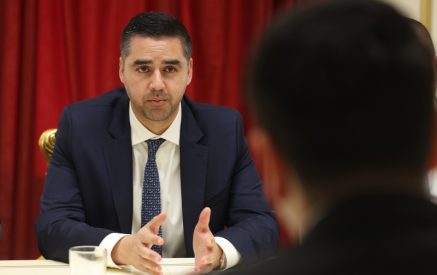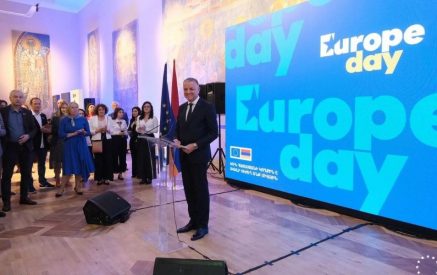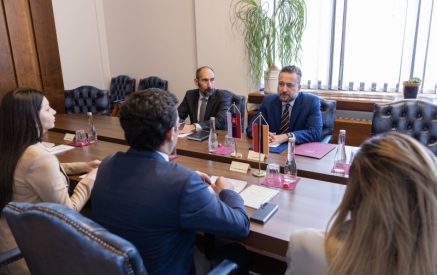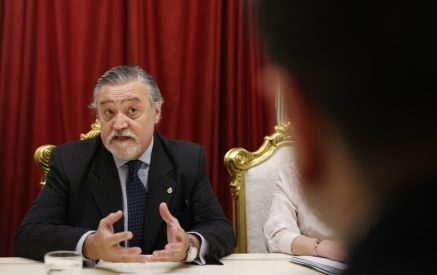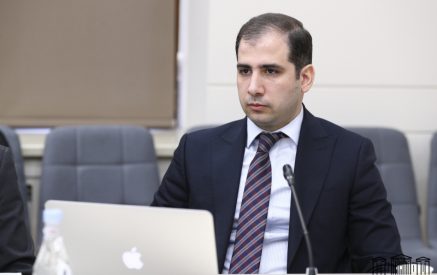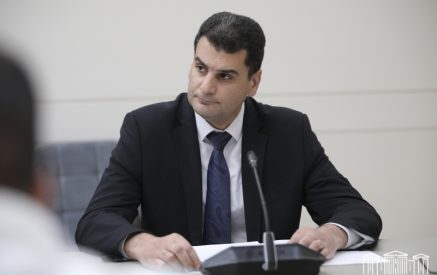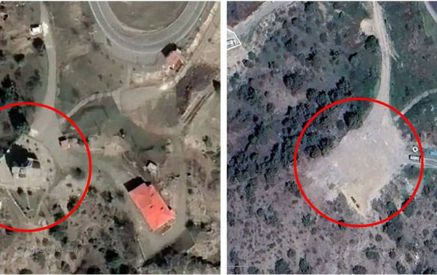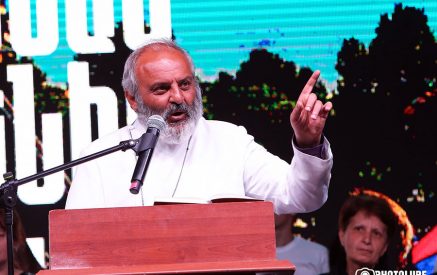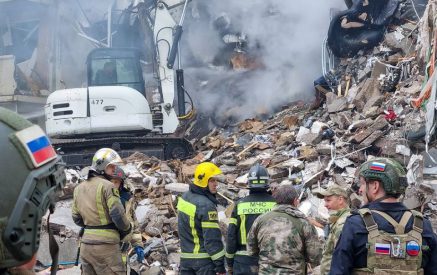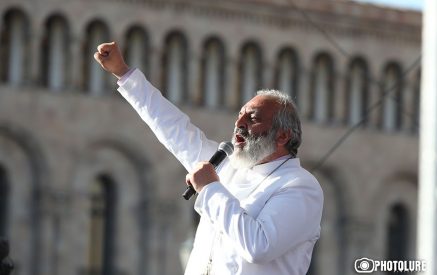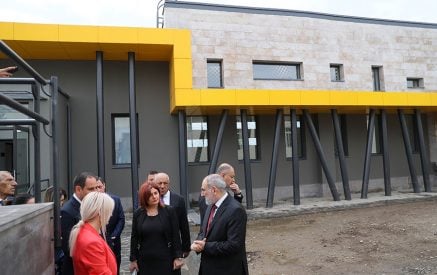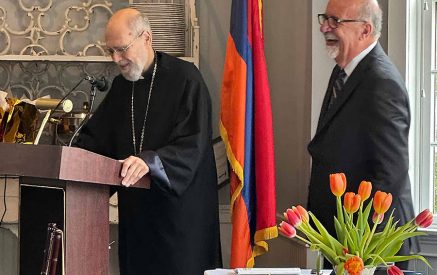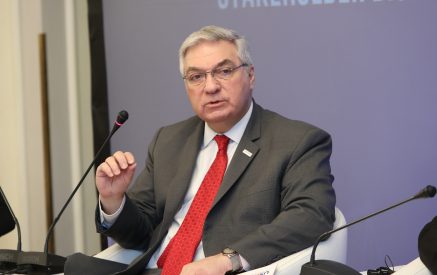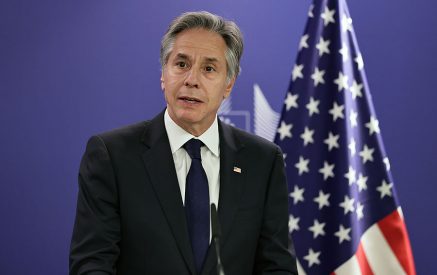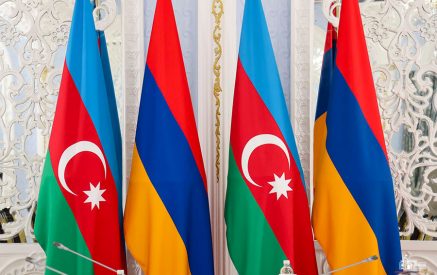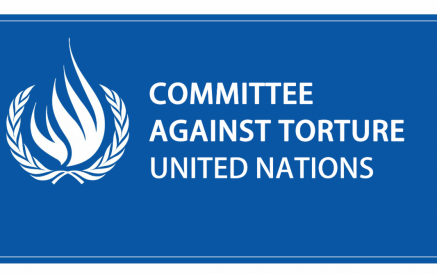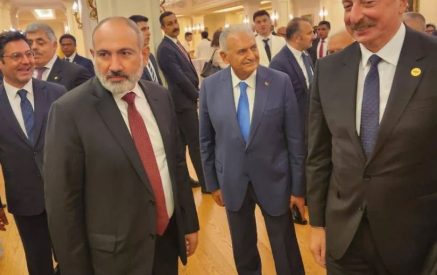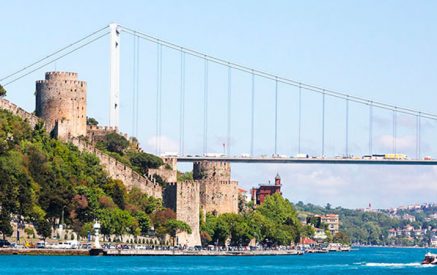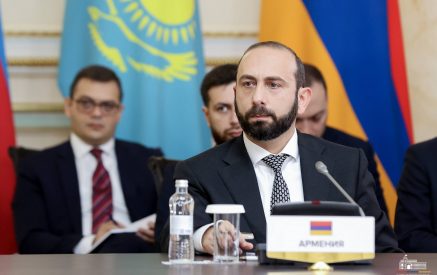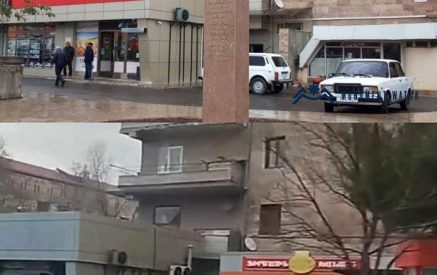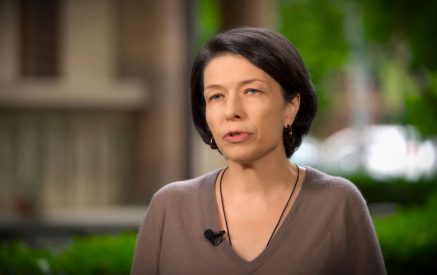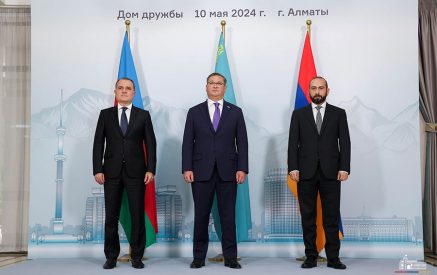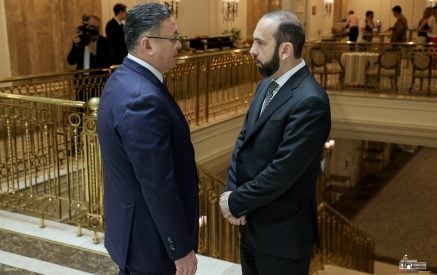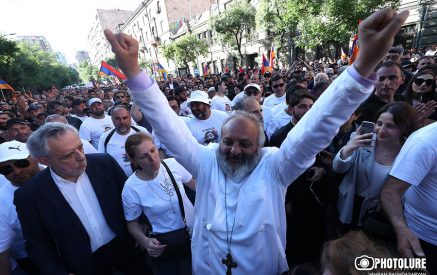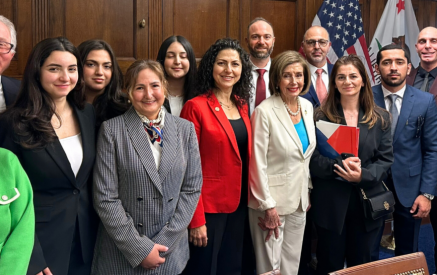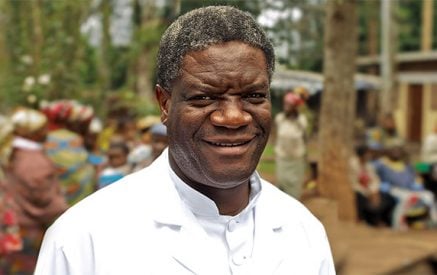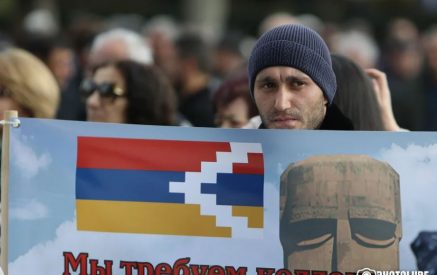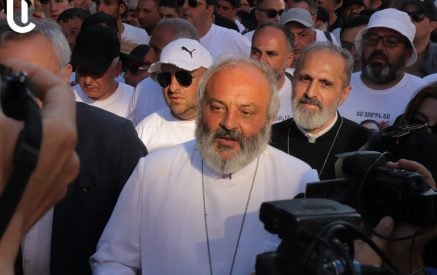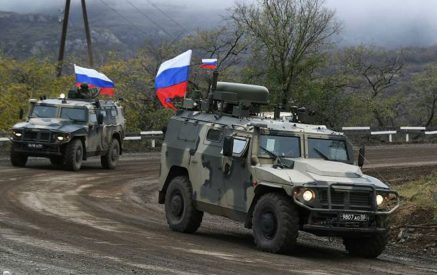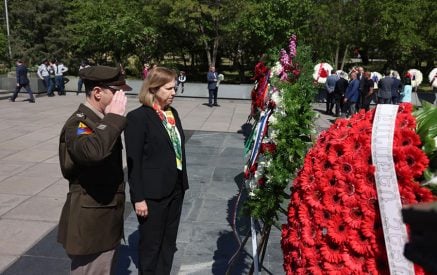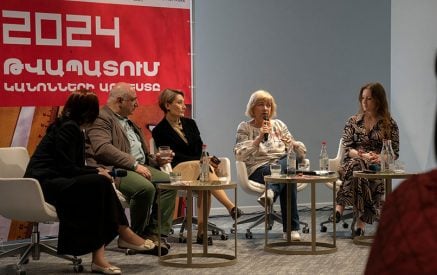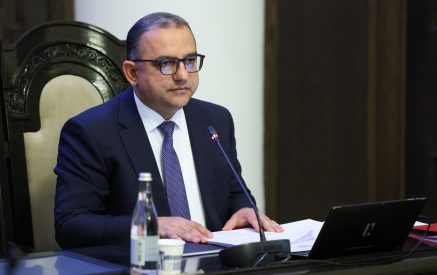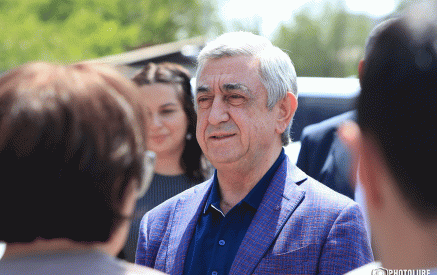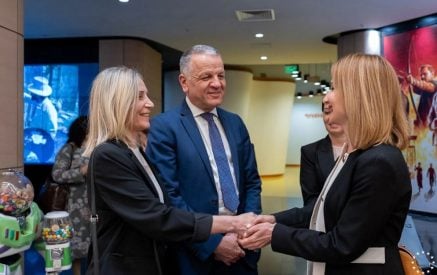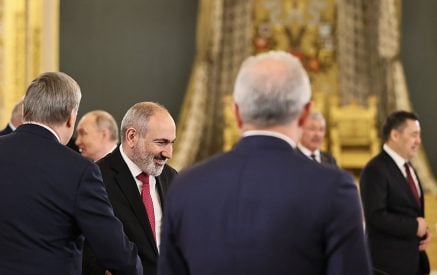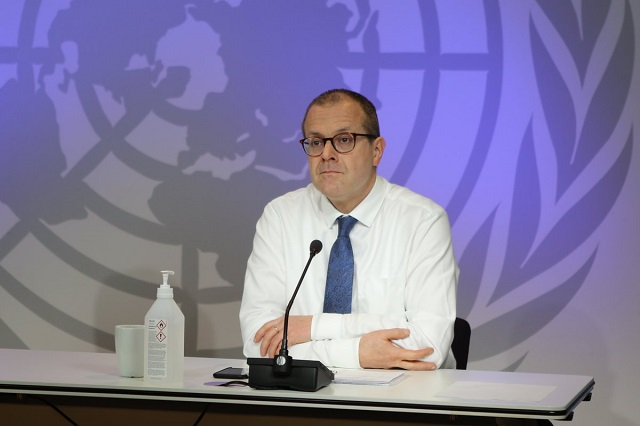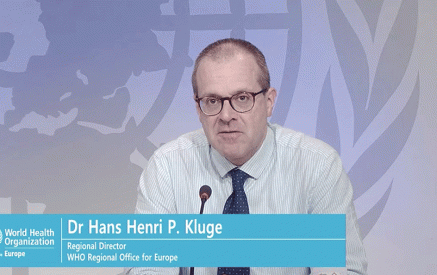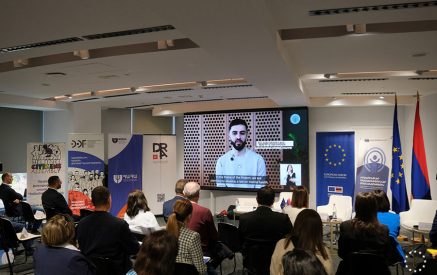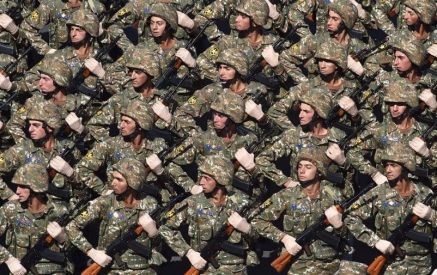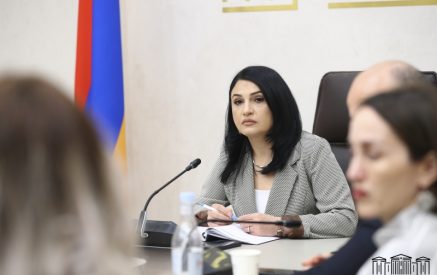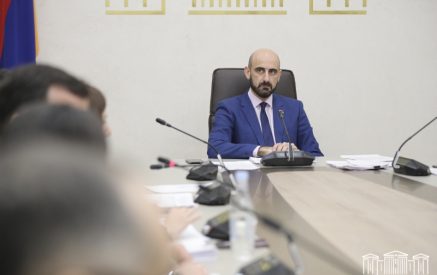Statement for the press by Dr Hans Kluge, WHO Regional Director for Europe
Last week marked 1 year since WHO announced that the Public Health Emergency of International Concern declared on 30 January 2020 represented the first ever pandemic caused by a coronavirus.
Since then, we’ve seen nearly 42 million cases in this region alone, and more than 120 million globally. But we’ve also seen giant scientific leaps and the introduction of effective tools that give us power over the virus, when used.
The power of the collective. The heroism of our frontline. When I look back at the past year, I see remarkable attributes we have all expressed to limit the spread of the coronavirus. Ultimately, our behaviour is saving lives.
Read also
The danger, however, is still clear and present.
The current situation is most acute in parts of the Region that were successful in controlling the disease in the first 6 months of 2020. It is in central Europe, the Balkans and the Baltic states where case incidence, hospitalizations and deaths are now among the highest in the world.
Case incidence continues its increasing trend, and is moving eastwards. We have now seen 3 consecutive weeks of growth in COVID-19 cases with over 1.2 million new cases reported last week across Europe.
Last week, new deaths in the Region surpassed 900 000. Every week, more than 20 000 people across the Region lose their lives to the virus. The number of people dying from COVID-19 in Europe is higher now than it was this time last year, reflecting the widespread hold this virus has.
We are yet to see the widespread health impact and benefits of vaccines, which I can also assure you will come. But for now, we need to remain steadfast in our application of the full range of tools to respond.
Some 48 out of 53 European countries or territories have reported the B.1.1.7 variant of concern, which is gradually becoming predominant in our region. And yet, in the context of this faster spreading variant, several countries – including but not limited to Denmark, Ireland, Portugal, Spain and the United Kingdom – have rapidly reduced transmission with public health and social measures to levels that can, and must, be kept low.
Five countries in the Region have received vaccines from the COVAX Facility – fair and equitable access to vaccines, the overarching concept of COVAX, is happening in reality. The gap in access to vaccines in our region is narrowing, yet inequity persists, with all high-income countries having rolled out vaccination, but only 60% of middle- and lower-income countries having done so.
As of today, a total of 46 countries in the Region have administered more than 107 million doses of vaccine. Three percent of the population in 45 countries have received a completed vaccination series, and data from 23 countries indicates that 51% of health workers have received at least 1 dose.
While 27 countries are currently in a partial or full nationwide lockdown, 21 are gradually easing restrictive measures. Some are doing so based on the assumption that increasing vaccination uptake in countries would immediately lead to an improved epidemiological situation. Such assumptions are too early to make.
Let there be no doubt about it, vaccination by itself – particularly given the varied uptake in countries – does not replace public health and social measures.
With vaccination coverage in the Region ranging from less than 1% to 44%, it is also far too early to demonstrate the effect of vaccines on overall COVID-19 hospitalization and deaths. Nonetheless, early data from Israel, Scotland and the UK, linked to effectiveness against severe disease by the Pfizer/BioNTech and AstraZeneca vaccines, is promising and show lives are being saved.
As vaccine uptake increases, their broader impact will become visible, and studies like these will guide policy and improve our understanding of how the different vaccines contribute to our response. We welcome these studies, stressing that the available data is limited – and that further research is urgently needed.
The WHO Regional Office for Europe and the European Centre for Disease Prevention and Control have developed a robust protocol to study vaccine effectiveness in community settings to allow effective comparison of the results between countries.
A number of countries in the Region have temporarily suspended use of the AstraZeneca vaccine as a precautionary measure, based on reports from a few countries of rare blood coagulation disorders in persons who had received the vaccine. The detection, investigation and assessment of these cases is a testimony to strong surveillance and regulatory mechanisms.
In vaccination campaigns, it is routine to signal potential adverse events. This does not necessarily mean that the events are linked to the vaccination.
Venous thromboembolism is the third most common cardiovascular disease in the world. It happens in populations regardless of whether they are vaccinated or not. COVID-19 vaccination will not reduce illness or deaths from other causes.
As of now, we do not know whether some or all of the conditions have been caused by the vaccine or by other coincidental factors. WHO is assessing the latest safety data, and once completed, the findings will be made public. At this point in time, however, the benefits of the AstraZeneca vaccine far outweigh its risks – and its use should continue, to save lives.
Vaccines work, and will eventually allow a return to a new normal. But for that to happen, we need to rely on science and have confidence in the incredible protection afforded by vaccines against all vaccine-preventable diseases, including COVID-19.
Meanwhile, we have one eye fixed on the future. This week, the Pan-European Commission on Health and Sustainable Development, chaired by Professor Mario Monti, issued a call to action – to rethink policy priorities in the light of pandemics, to fix the fractures and address the conditions that allowed COVID-19 to happen. This is a concrete step towards making health a centrepiece of society, preparing for future health emergencies and making sure that the notion of health as peripheral is a thing of the past.
Stay safe. Thank you.
WHO/Europe Press

